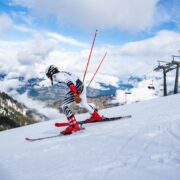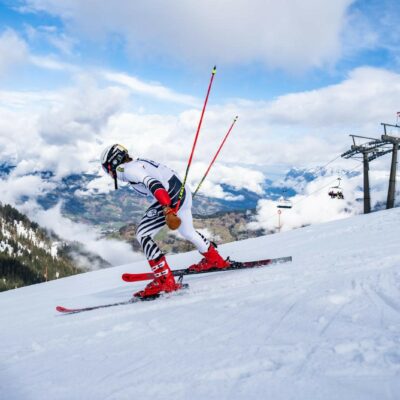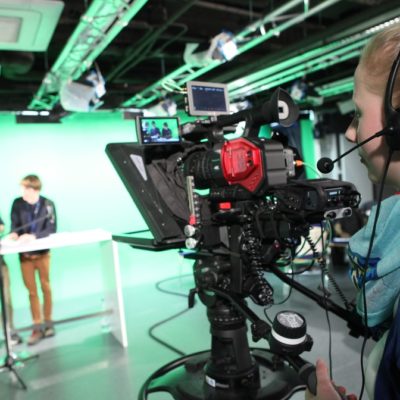by Yannick Brusselmans and Nils Spreen
In addition to the armed NATO forces, a whole array of non-governmental associations is helping the Afghan population get back on its feet. The 3.000 NGO’s active in the Afghan region don’t always have the easiest of tasks.
Dr. Arne Strand from the Norwegian Christian Michelsen Institute notices two top priorities for NGO’s like their own in Afghanistan. “There is the obvious task of reconstruction and the implementation of social projects, but I also see an important role in the field of civil society institutions. Afghanistan is a very young democracy, for example sixty percent of the members of parliament are former warlords. These politicians have to be held accountable by the NGO’s to make sure they do their job.” Strand realizes this is not an easy mission as “it’s not always easy to rise against those who are paying your salary.”
Corruption remains the main threat for the NGO’s who are active in Afghanistan. “That’s why non-governmental organizations need to be much more transparent, especially towards the Afghan community. At the moment a lot of NGO’s work with sub-sub-subcontractors, which makes it very difficult to find out how money is being distributed and thus fuels the mismanagement of funds” A different problem is the presence of profit-organizations who pretend to be NGO’s. “There is nothing wrong with making a profit, but than you should be registered as an enterprise, not as an NGO. Such misleading practices damage the image of all NGO’s, even those that are delivering fantastic work.”
To wrap up his speech Dr. Strand referres to Buzkashi, the traditional Afghani game where horse riders try to pitch a goat carcass into a target. “The NGO’s in Afghanistan are in danger of ending up just like the goat, not torn between two horse riders, but divided between the political scene, foreign donors and the Afghan government. The NGO’s have yet to find a clear role in Afghan society and in my opinion this can only happen if more proper Afghan NGO’s arise, who are really rooted in society.”
Youth networking
Harald Thorud, President of the Youth Atlantic Treaty Association (YATA), approaches the NGO issue from a different perspective. Thorud sees NGO’s as a decisive factor in the long-term process to repacify Afghanistan. Not only present but also future leaders and lobbyists need a solid base to start their activities. Therefore a get-together of young ambitious people can play a key role in forming a promising future society.
“I’m not pretending to be an expert about Afghanistan”, admitted Thorud. His role at this forum is restricted to giving advice on networking and how to get young people involved in issues like the construction of a civil society. In that way the YATA organization can be understood as a specialized youth related section of NGO’s.
As “one of the strongest and most influential youth NGO networks in the world”, YATA´s main aim is to encourage young future leaders to get together, share their experiences and to establish a network in which youth can speak with one strong voice. Since its foundation in 1996 the association helps young people to organize and act as a part of the civil society in their home countries.
It is a persisting problem that people in western countries mostly just listen to western experts. It is also of the utmost importance to hear what people present in a conflict-prone region like Afghanistan themselves have to say about their appraisement. To start up a dialogue with them can be seen as a first step in getting to know each other and understanding regional conflicts as an outsider.
“I’m not telling you that I have any solutions”, said Thorud, “but we can discuss now and here”. In this spirit the participants from Central Asia and different NATO countries interacted – not only in the official part of the programme but also during their idle time – discussing










